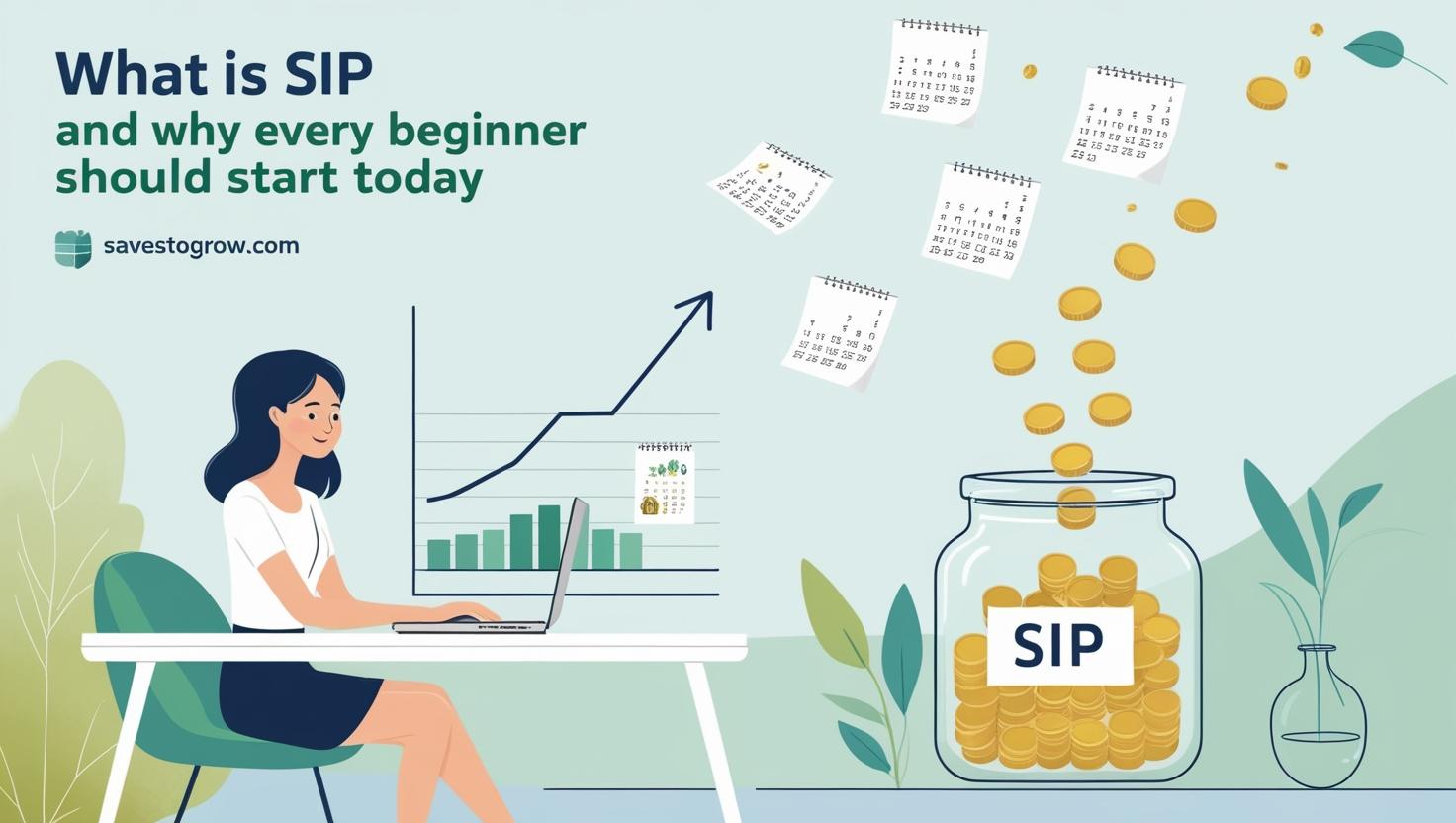What Is a Mutual Fund? A Beginner-Friendly Guide for First-Time Investors
Investing can be overwhelming, especially if you’re just starting. The financial world is filled with jargon and complex terms, which can make it difficult for new investors to know where to begin. One of the most popular and beginner-friendly investment options is mutual funds. In this guide, we’ll break down what a mutual fund is, how it works, and why it might be the right investment choice for you.
What is a Mutual Fund?
A mutual fund is a type of investment vehicle that pools money from many investors to purchase securities like stocks, bonds, or other assets. Instead of investing directly in individual stocks or bonds, mutual funds allow you to invest in a broad portfolio managed by professional fund managers. Think of it like a basket filled with different investments, giving you exposure to a wide range of assets, all for a relatively low initial investment.
💡 Tip: Mutual funds allow investors to diversify their portfolios, which can reduce risk and improve the potential for returns over time.
How Do Mutual Funds Work?
When you invest in a mutual fund, your money is combined with that of other investors. This pool of money is then managed by professional fund managers, who use it to buy a variety of assets according to the fund’s investment objectives.
Mutual funds are typically divided into units, and each unit represents a portion of the fund’s holdings. As the fund’s assets grow or decline in value, so does the price of each unit. When you invest, you buy units, and as the fund performs well, your investment grows in value.
Types of Mutual Funds
Mutual funds come in different types based on the assets they invest in and their investment goals. Some of the most common types include:
- Equity Funds: These funds invest primarily in stocks. They are generally riskier but offer higher returns over time.
- Debt Funds: These funds invest in bonds and other fixed-income securities. They are less risky than equity funds but provide lower returns.
- Hybrid Funds: These funds invest in a combination of stocks and bonds, offering a balance of risk and return.
- Index Funds: These funds track a particular market index, such as the Nifty 50 or Sensex. They aim to replicate the performance of the index they track.
- Sector Funds: These funds focus on specific sectors of the economy, such as technology, healthcare, or energy.
💡 Tip: As a beginner, you might want to start with an index fund or hybrid fund since they offer a balance of risk and diversification.
Why Should You Invest in Mutual Funds?
Here are some reasons why mutual funds are an attractive option for first-time investors:
- Diversification: Mutual funds allow you to invest in a wide variety of assets, which helps spread out your risk.
- Professional Management: Fund managers are experienced professionals who handle the investment decisions, which saves you time and effort.
- Affordability: You don’t need a large sum of money to start investing. Many mutual funds have low minimum investment requirements.
- Liquidity: Mutual funds are relatively liquid, meaning you can sell your units and cash out your investment if needed (though there may be some restrictions depending on the fund).
How to Invest in Mutual Funds?
Investing in mutual funds is simple. Here’s how you can get started:
- Choose a Mutual Fund: Research different mutual funds to find one that aligns with your financial goals and risk tolerance. Consider the type of fund (equity, debt, hybrid) and its performance history.
- Open an Investment Account: You’ll need to open an account with an asset management company (AMC) or a brokerage firm. Many financial institutions offer online platforms where you can start investing in mutual funds.
- Start Investing: You can choose to invest a lump sum amount or set up a Systematic Investment Plan (SIP), which allows you to invest a fixed amount regularly (monthly or quarterly).
- Monitor Your Investment: While mutual funds are relatively hands-off, it’s important to review your investment regularly to ensure it’s aligned with your goals.
Tips for Investing in Mutual Funds
- Start Early: The earlier you start investing in mutual funds, the more you can benefit from the power of compounding.
- Diversify Your Portfolio: Avoid putting all your money into one fund. Spread it across different types of funds to reduce risk.
- Invest for the Long-Term: Mutual funds work best when held for the long term. Avoid panicking over short-term market fluctuations.
✅ Final Word
Mutual funds are an excellent investment option for beginners. They provide diversification, professional management, and the opportunity to invest with smaller amounts of money. By understanding how mutual funds work and the different types available, you can make informed decisions that align with your financial goals.
Sources
- Investopedia: Guide to mutual funds
- MoneyControl: Best mutual funds for beginners
- Morningstar: Mutual fund basics
- User testimonials from Reddit Investing





